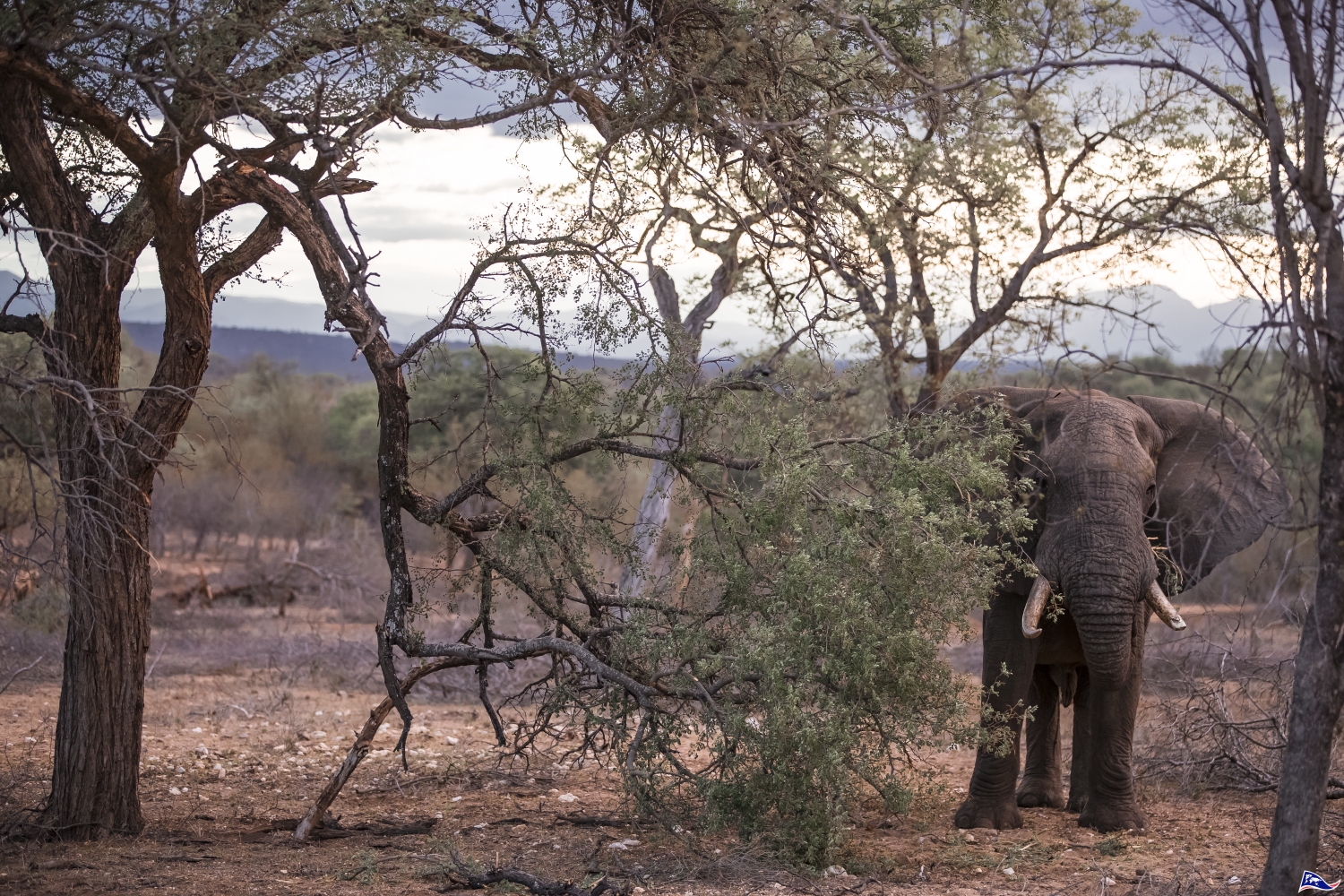Before you go any further...
I've read and accept the Terms of Use and the Privacy Policy.
I accept to receive newsletter and other communications associated with firms of The Explorers Network group'
I accept to receive commercial offers of The Explorers Network partners'.
Thanks!
Vote everyday for your favorite content
SENSITIVE CONTENT
This media contains sensitive content which some people may find disturbing or offensive.
You must be 15 years of age or older to view sensitive content.
Log inBirthday
Content being validated
THE EXPLORERS +
Watch our premium movies
The Explorers + is our premium movie catalog in Ultra High Definition (HD/4K/8K)! Hundreds of videos already available and daily new content on all your devices (web, mobile, tablets, smart TV).
Post content (photo or video) and get 1-month free
OR
Subscribe and support The Explorers Foundation's field actions for biodiversity.

Content being validated
Positive ecological repercussions
1
0
In order to reach some food resources, elephants don't hesitate to break branches, to fall or even to uproot trees. And sometimes, they will just eat some leaves. Acting like this, they seem to destroy their habitat. However, these destroying habits have positive ecological repercussions. Indeed, they provide access to food resources for smaller species that could not reach them, or even provide temporary microhabitats to some species such as reptiles, birds or insects.
Related content

Médias en cours d’exploration

